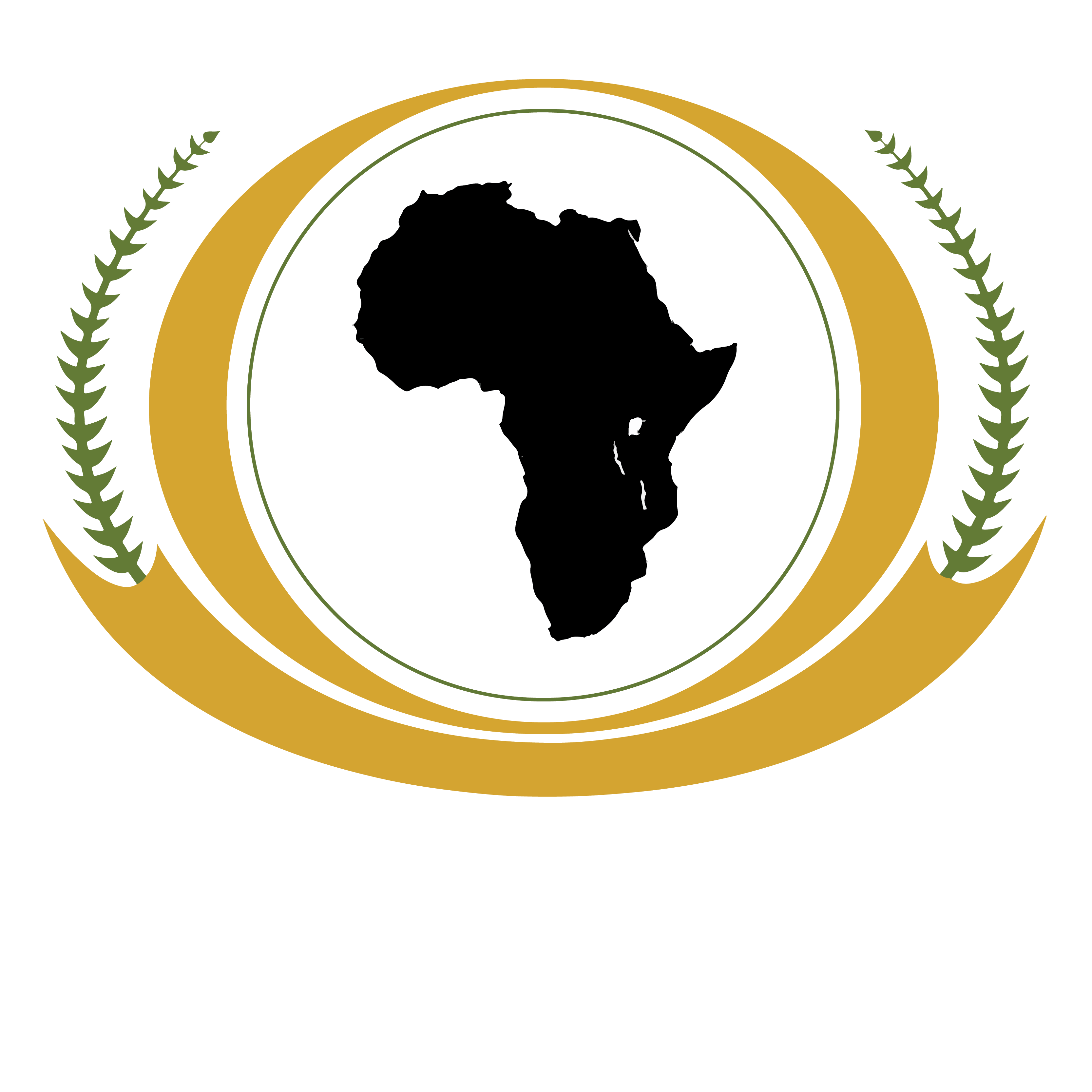
Government democratic process and civic education
In the intricate game of Kenyan politics, political relevance is a card no politician can afford to lose. What often begins as a subtle power play, innocuous to the naive and easily beguiled citizens, can swiftly morph into a war of words, sharp online jabs and veiled, demeaning utterances in public gatherings.
Take, for instance, the deputy president, once known for his boldness and audacity, now reduced to little more than a pawn despite holding the second-highest office in the land. News outlets, capitalizing on his “truthfulness,” have christened him the embattled deputy president, a label that clings to every mention of his name, fueling the media firestorm that keeps the nation glued to their screens.
But this decline in his political stature and the resulting public spectacle point to a much deeper issue plaguing the Kenyan political landscape which is the political game that never seems to end and one that continues to undermine the aspirations of the Kenyan people.
Despite recent anti-government protests briefly pushing the government to appear more responsive to the citizenry, the political elite seem to have settled back into their comfort zones, deluded by the assumption that the Kenyan people are too engrossed in the political rivalry playing out and will, as usual, align along ethnic lines.
Though this scenario is less likely in today’s climate, it is not entirely inaccurate. There remains an immeasurable amount of work needed to achieve a more meaningful participatory democracy in Kenya. The political elites have long exploited the ignorance of Kenyans regarding governance and the democratic process to perpetuate impunity, abuse power, and plunder national resources for personal gain.
However, the challenge does not lie primarily in the dissemination of civic education, as a high percentage of Kenyans are educated. The barriers are deeply rooted in the cultural and institutional systems that resist change. For these changes to be long-lasting, a shift in the national consciousness must occur.
Our collective belief systems must evolve; our understanding of governance and leadership must transform. Only then can we begin to break free from the cycles of corruption and manipulation that have stifled previous revolutions.
This transformation will not come easily, nor will it come from the top down. As Ekuru Aukot wisely noted, only through radical civic and political education can the people be empowered to become the true drivers of change. It is only when the populace is equipped with the knowledge and awareness necessary to hold their leaders accountable that the political class will be prevented from hijacking the process of reform and watering down our goals for genuine national progress.
At the heart of this education must be critical conversations—about economic inequality, the plunder of national resources by a select few, respect for the rule of law, and the contract theory
of democracy. These discussions are not merely academic; they are essential for shaping a government that truly reflects the will of the people, prioritizes the improvement of livelihoods, and ensures constitutionalism in every action.




Leave A Comment